Search Images
Browse Content (p. 1255)
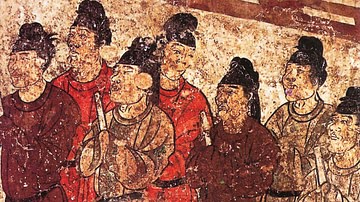
Image
Chinese Eunuchs
A mural depicting a group of eunuchs, the slaves and influential advisors of many Chinese emperors. Mural from the tomb of the prince Zhanghuai, 706 CE, Qianling, Shaanxi, China.
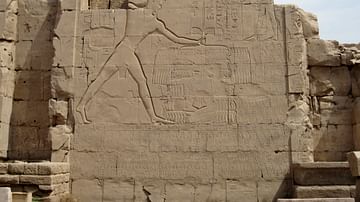
Image
Battle of Megiddo Relief
Relief in the Karnak Temple, showing Thutmose III slaying Canaanite captives from the Battle of Megiddo, 15th century BCE.
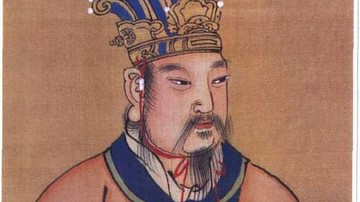
Image
King Wen of Zhou
An idealised portrait of King Wen of Zhou (11th century BCE), the first Chinese ruler to claim the Mandate of Heaven. Ming Period illustration.
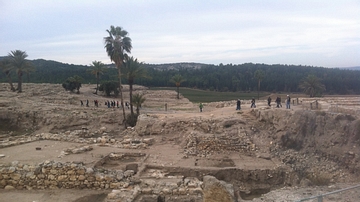
Image
Megiddo
Ruins of Megiddo.
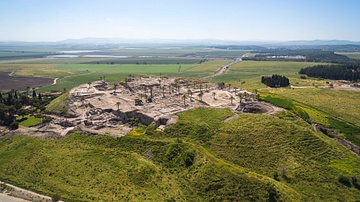
Image
Aerial View of Megiddo
Aerial view of Tel Megiddo. Photo taken by Itamar Grinberg for the Israeli Ministry of Tourism.

Image
Nubians
Wall relief, Luxor, Egypt.
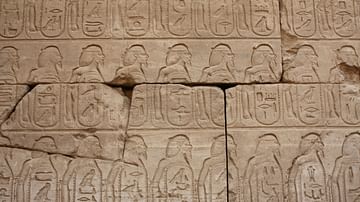
Image
Temple of Karnak, Wars of Thutmose III
List of peoples defeated by Thutmose III (1458-1425 BCE) in the Temple of Karnak, Egypt.
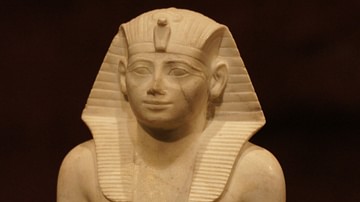
Image
Thutmose III
Statue of Thutmose III
Calcite. Deir el-Medina. New Kingdom of Egypt, 18th Dynasty (1504-1452 BCE).
Photo taken at the King Tut Exhibit in Seattle, 2012.
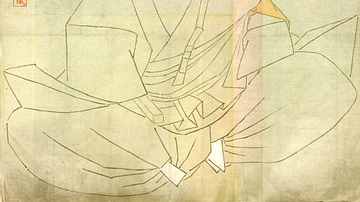
Image
Emperor Shirakawa
An illustration depicting Japanese Emperor Shirakawa (r. 1073-1086 CE).
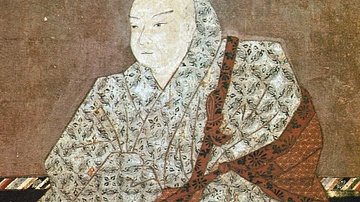
Image
Emperor Toba
An illustration depicting Japanese Emperor Toba (r. 1107-1123 CE)